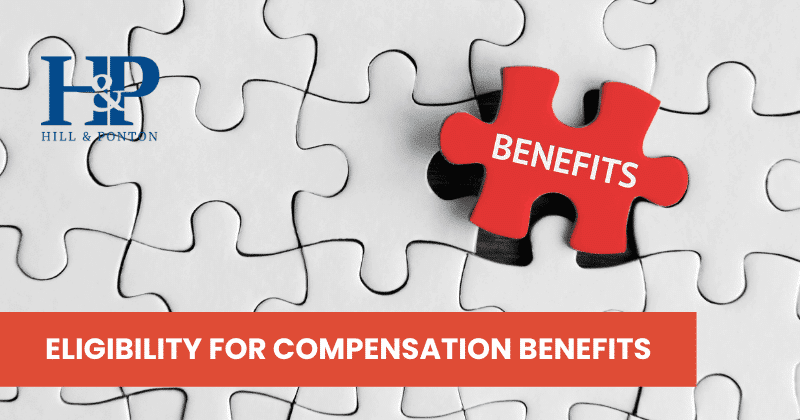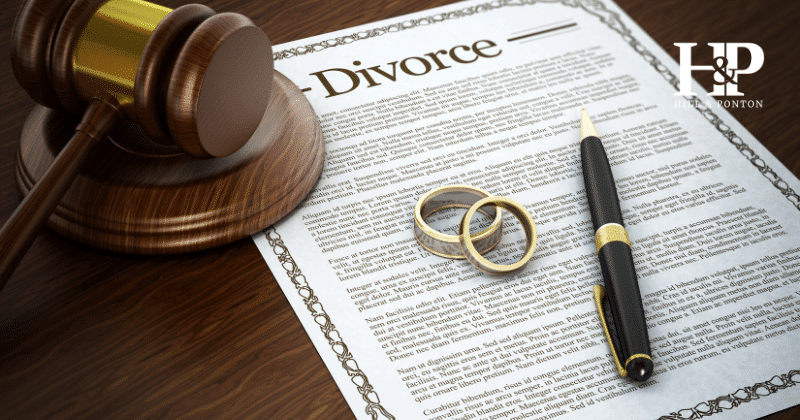When applying for compensation benefits from the VA, there are several things you are looking for.
You are trying to get service-connected, with the right disability rating, and an accurate effective date, while making sure you receive every benefit to which you may be entitled. But before applying, you need to start by making sure that you are eligible for benefits.
It may help to think about VA decision-making as a two-step process.
First they determine whether you have established basic eligibility for a benefit, and second they determine whether you have established entitlement to the particular benefit being sought.
Getting service connected has its own list of requirements to meet:
- Being a veteran
- Diagnosed with a condition or disability
- Established a nexus between the disability and service.
Some benefits may consider other principles such as length of military service and whether service was during a time of war.
But for service-connected benefits, you only have to worry about whether you had military service, whether that service was active, and the circumstances of discharge.
While anyone can apply for VA benefits, not everyone is eligible to receive those benefits. Only veterans or the dependent or survivor of a veteran qualifies to receive benefits.
Determining whether or not you are a veteran would seem pretty straightforward, but of course the VA has certain criteria for defining what it means to be a veteran. The three components the VA looks at in defining a veteran are:
- Whether there was military service
- That the military service was active
- The character of discharge
The last thing the VA looks at when considering whether a person is a veteran is the reason for that person’s discharge or release from active military service.
The criteria the VA is looking for is that the person must have been discharged or released “under conditions other than dishonorable” to qualify as a veteran.
A person falls under these conditions if there are no bars to VA benefits.
Types of Military Discharge
There are five types of discharge the military issues:
- Honorable discharge
- Discharge under honorable conditions or general discharge
- Discharge under other than honorable conditions, or undesirable discharge
- Bad conduct discharge
- Dishonorable discharge or dismissal.
Bad conduct discharge can only be issued by sentence of either a special court-martial or a general court-martial.
Dishonorable discharge is only issued by a general court-martial.
There are also administrative discharges that do not characterize service, such as entry level separation, and void enlistment or induction.
When Are You NOT Eligible for Benefits?
There are two types of discharge where you automatically know if you qualify or not: under dishonorable discharge you are automatically not eligible for benefits, and under entry level separation you are automatically eligible for benefits.
This is because a dishonorable discharge can only be issued by a general court-martial, and that is one of the bans to eligibility.
And the administrative discharge of entry level separation must be considered by the VA as conditions other than dishonorable.
Besides that, the character of discharge does not automatically determine whether you qualify or not.
Statutory & Regulatory Bars to Benefits
Aside from the types of discharge, there are certain bars to benefits based on the reason for discharge that may prevent you from getting benefits.
So even if you received a general discharge, there are laws in place that say if your reason for discharge falls under one of these bars, you will not be eligible to receive benefits.
There are two types of bars: statutory and regulatory bars.
Statutory Bars
There are six types of statutory bars, where even if you receive an honorable or general discharge, if your reason for discharge falls under one of these categories, you are not eligible for benefits. The reasons for discharge that will not allow you to receive benefits are:
- Discharge as a conscientious objector who refused to perform military duty or refused to wear the uniform or otherwise refused to comply with lawful orders of a competent military authority
- Discharge or dismissal by reason of a sentence of a general court-martial
- An officer resigning for the good of the service
- Desertion
- Discharge as an alien during time of hostility
- Discharge under other than honorable conditions issued as a result of absence without official leave (AWOL) for at least 180 continuous days (with the exception of compelling circumstances warranting the absence)
Regulatory Bars
Regulatory bars only apply if you received a discharge under other than honorable conditions. If you received an honorable or general discharge, you do not have to worry about regulatory bars. But if you received any other type of discharge, there are further prohibitions you have to be aware of.
The VA will consider whether the conduct on which the discharge was based fits into one of the following categories:
- Accepting an undesirable discharge or discharge under other than honorable conditions to escape a trial by general court-martial
- Mutiny or spying
- An offense involving moral turpitude
- Willful and persistent misconduct
- Homosexual acts involving aggravating circumstances or affecting the performance of duty.
An offense involving moral turpitude and willful and persistent misconduct are not clearly defined by the VA. An offense of moral turpitude usually involves conviction of a felony, and a minor offense is not usually considered “willful and persistent misconduct” if it was honest, faithful, and meritorious.
After determining your type of discharge, the VA will have to decide whether a bar to benefits applies based on the reason for your discharge. If you received a discharge under conditions other than dishonorable, and there is no statutory or regulatory bar, then you are eligible to receive benefits.
The VA defines a veteran as “a person who served in the active military, naval, or air service, and who was discharged or released therefrom under conditions other than dishonorable”. Once you have established that you meet these criteria as a veteran, you are on your way to establishing eligibility for disability benefits.
Have Questions About Appealing Your Claim or Understanding How the Claims Process Works?
If you have questions about the process of filing a claim for disability benefits, or getting started doing so, we have information that may help. If you are intending to appeal a denied claim, you can contact us for an evaluation and we can help you with this process.
However, if you are considering filing an initial claim, or even if you are interested in learning about the appeals process, we offer a free ebook to get you started on the right foot!
The Road to VA Compensation Benefits will help break down the claims process from start to finish. Click the link below to learn more.



